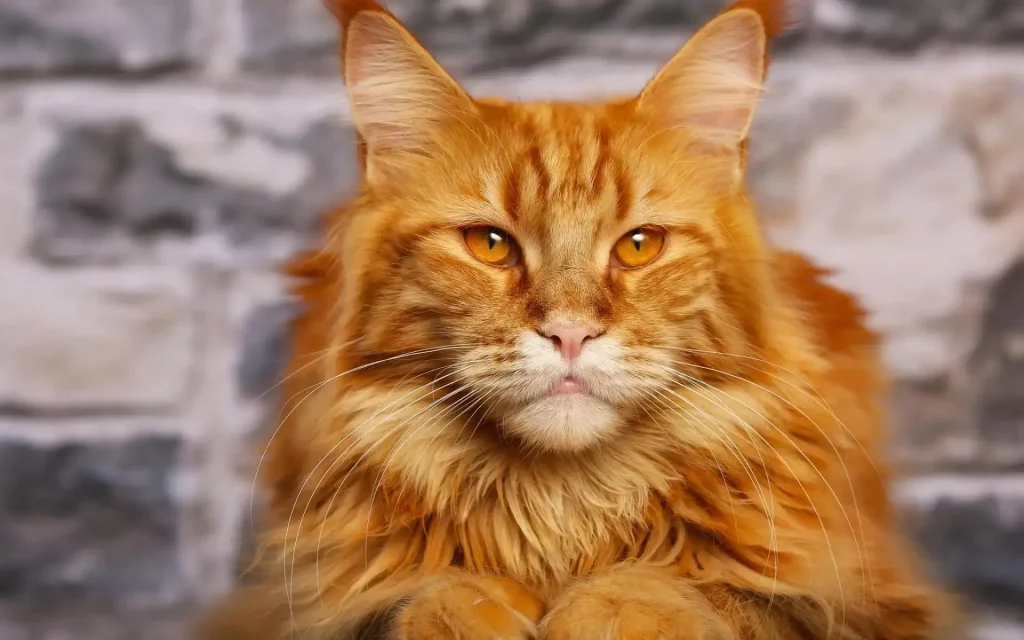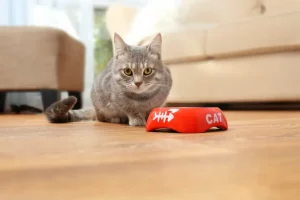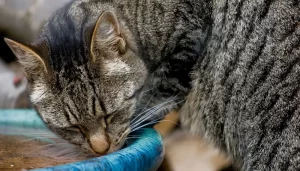You wouldn’t expect to hear the words “I’m hearing an alarm” during a routine wellness exam for your cat. Some studies show that heart murmurs can be as high as 50% in cats. Although this can sound alarming, most cats who have heart murmurs do not develop any type of heart disease. Sometimes, stress can cause a murmur. If we give the cat time to adjust to the exam room or check the heart in their home, the murmur will disappear. A murmur can sometimes be caused by stress, and it could happen with or without the cat’s favourite cat-friend, person or blanket. Even with subtle murmurs, many cats live full and healthy lives. They can tolerate anesthesia well, take medications well, and rarely have any problems.
As advocates for your cat’s health, we have a responsibility to inform you about the risk of heart disease in your cat. We can also help you to identify it early so you know what your options are. Heart disease is a common condition in cats, with 1/10 of them suffering from it. It can cause congestive heart disease in cats if left untreated. A study of 103 cats owned privately found that 16 had cardiomyopathy, a serious condition in which felines have difficulty breathing.
Cats are not always able to diagnose heart disease. It is not uncommon for cats to have silent heart disease.
If your cat has signs of heart disease, you should be concerned. It is more likely to have a longer life expectancy. You may notice subtle signs such as lethargy or inability to play. More serious signs include inability to walk, breathe, collapsing, or fainting. In these cases, you should seek immediate medical attention. Unfortunately, many times, heart disease can go untreated for years because cats are so elusive. Sometimes sudden death is the only sign of heart disease.
We are your cat’s health advocate and we have two goals when we examine them.
You should identify any issues that could be causing you discomfort or illness. Additional investigation may be necessary.
As your cat’s caregiver, educate yourself. We want you to be informed about all health concerns and all options.
We want to help you make informed decisions about how to care for your cat when you hear a murmur. While we understand that some people choose to wait and watch, feline specialists are here to help you make informed decisions about your cat’s care.
Treatment
Every cat is unique. When deciding the best treatment plan for your cat and you, we take all aspects into consideration. Based on the results of your cat’s echocardiogram and their overall health, medications such as beta-blockers or diltiazem or diuretics, and ACE inhibitors, may be prescribed. Stabilized heart disease can make it possible for cats to live many years.
Our goal is to provide comprehensive and compassionate medical care for your cat. We also aim to educate you on how to best help your feline friend.



